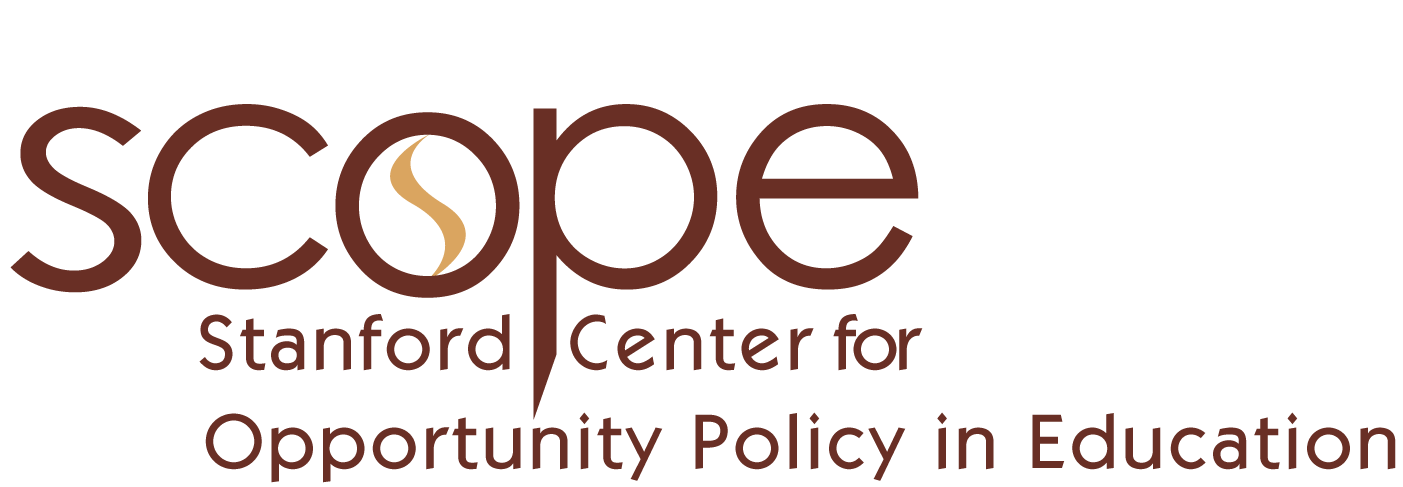Locally, regionally, and at the federal level, educators and education policymakers are recognizing the urgent need to change the way the United States educates its students. Traditional methods of rote instruction don't foster the problem-solving and higher-order thinking skills students need to succeed in today's complex and fast-changing world. And the tests most commonly used to assess what students have learned rarely measure or promote these higher-order skills. Recent states moves to create internationally benchmarked standards have been accompanied by concerns for developing assessments that evaluate how students apply challenging content knowledge in complex situations.
In response to this need, a group of leading education researchers has joined together to examine experiences with and lessons learned from large-scale performance assessment in the United States and abroad, including technical advances, feasibility issues, policy implications, uses with English language learners, and costs.
This project was led by Linda Darling-Hammond, with assistance from Frank Adamson and Susan Shultz at Stanford. It was funded by the Ford Foundation and the Nellie Mae Education Foundation and guided by an advisory board of education researchers, practitioners, and policy analysts. The board shaped the specifications for commissioned papers and reviewed these papers upon their completion.

